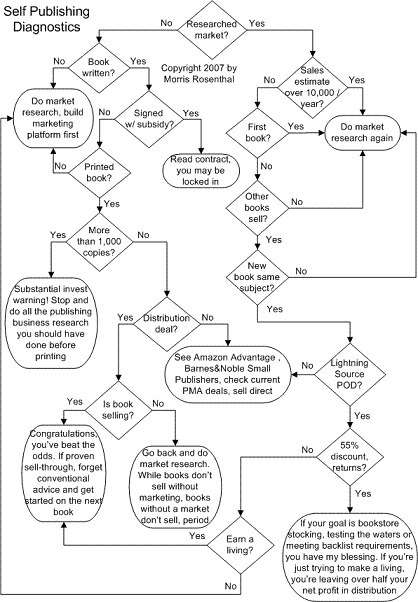But I'm thinking, if I can't help being verbose, maybe I can be good at it, an artist of vebosity. I'm guilty, guilty, guilty of writing long blog posts. I just decided somewhere along the line that short blog posts are too lazy. Anybody can write:
Wrote three pages of novel today, not sure what to do with the Natasha character. The postman brought three more rejection slips, and the cat spit up a hairball.
As a true Verbusoso, if daily progress was my axe, I'd write something like:
When I sat down to work on my novel today, the long nights mental agony over my Natasha's predicament was foremost in my thoughts. Should she accept Petrov, or join the Siberian Nunnery, as foreshadowed in the chapter titled, "Natasha considers joining the Siberian nunnery." My keyboard clacked away at 120 wpm and was threatening to burst into flame when the postman rang, once.
I leapt to the mail slot like one of Pavlov's mutts, and recovered three important letters from my publishing correspondents. The first delivered their deepest apologies, but they no longer read manuscripts. They included a reference to an Agent directory. The second was very encouraging because it included a personal comment suggesting that I could improve the manuscript if I rolled it up tight, cut it down the middle, and stored it in the bathroom. I'm still trying to figure that one out. The final rejection was hardly a rejection at all. They just didn't have the resources to consider it at this time, but were sure it was a noble effort. Greatly encouraged, I returned to Natasha.
Suddenly, a sound like a Bengal tiger trapped in a well assailed my ears. I cast about the room, and spotted my poor cat Dickens struggling desperately to tell me something. Dickens strained, and coughed, and right when I was sure he was going say, "Send Natasha to the nunnery," he ejected something I'd rather not describe in public. Feeling let down, despite important publisher correspondence, I decided to call it a day.
And that's why I don't blog about my day. Maybe that's why they call a master of verbose prose a verbusoso. Maybe it's just me.

 Stumble It!
Stumble It!